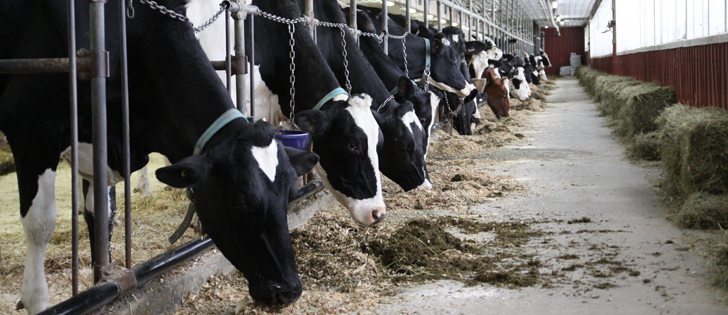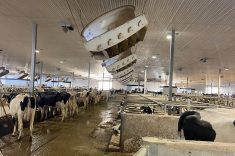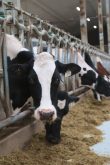WINNIPEG, Manitoba, May 2 (Reuters) – The Canadian government said on Monday it would compensate the country’s dairy farmers for increased European imports allowed under a pending free trade deal.
The government will meet with the dairy industry within the next 30 days to discuss compensation, said Agriculture Minister Lawrence MacAulay and International Trade Minister Chrystia Freeland in a joint statement. Talks will include help for farmers and processors, they said.
The previous Conservative government, which the Liberals defeated in October, had promised before the last election to compensate dairy, poultry and egg farmers a total of C$4.3 billion (US$3.43 billion) over 15 years for losses under the European Union trade deal as well as the Trans-Pacific Partnership (TPP).
Read Also

Volatile temperatures expected for this winter
DTN is forecasting a lot of temperature variability in the Canadian Prairies this winter. Precipitation should be close to average.
The Liberal promise of compensation does not include TPP, however, because it is less certain the deal will be completed.
Under Canada’s free trade deal with the European Union, which the affected countries have not yet ratified, European dairies would receive tariff-free access for an additional 17,700 tonnes of cheese, representing about 2 percent of Canadian cheese consumption and more than doubling their current allotment, according to Dairy Farmers of Canada.
The trade deal could take effect in 2017.
Canada’s dairy industry operates under a system of supply, price and import controls, sheltering farmers from drops in global prices.
Canada’s dairy industry has long enjoyed outsized influence with politicians of all stripes, because of vigorous lobbying and its concentration in the three most populous provinces of Quebec, Ontario and British Columbia.















